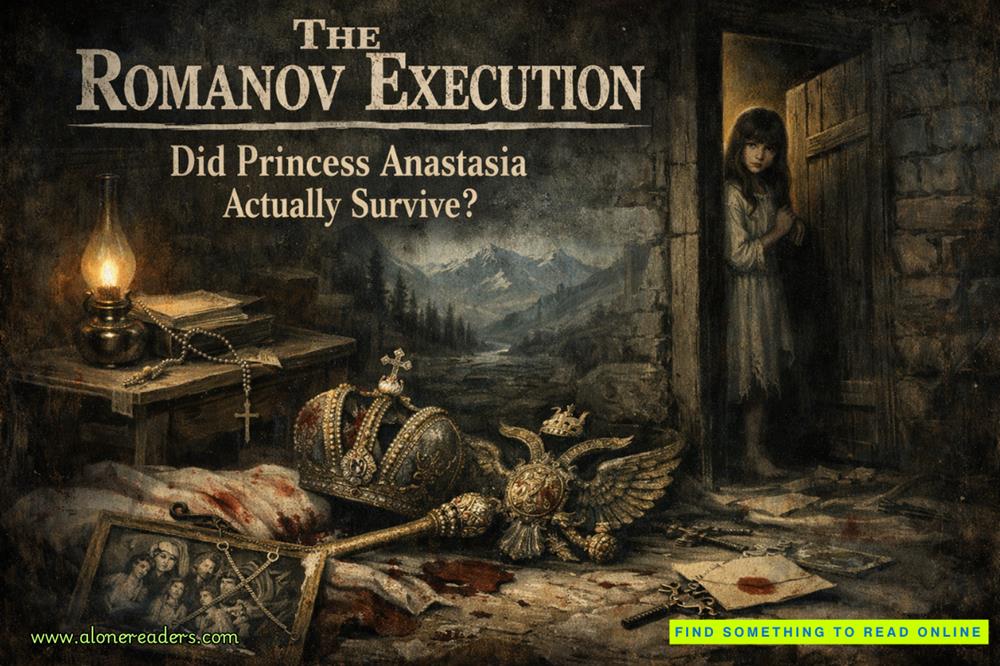‘No, let me mull it over.’
Amos controlled his impatience with a visible effort. ‘All right. I’ll try anything.’
‘It’s Tuesday. Four days will take us to Saturday. Come and see me on Friday afternoon.’
Amos drained his cup and stood up to go. ‘You can’t give me an inkling?’
‘It probably won’t work. I’ll tell you on Friday.’
‘Well, thank you for even thinking. You’re a true friend, Spade.’
When he had gone Spade sat for a while, reflecting. There was something wrong with Hornbeam. The man was rich; he was a leading figure in the town, an alderman and a justice of the peace; he was married to a nice, obedient woman who had borne him two children. What was driving him? He had more money than he could spend, given that he had no interest in throwing lavish parties, owning a string of racehorses, or going to plush London gambling clubs and losing hundreds of pounds on the turn of a card. Yet he was so greedy that he would exploit a dead man’s inexperienced son in a bid to grab the business.
But perhaps he could be foiled.
An idea was taking shape in Spade’s mind. He put on his greatcoat, went out into the cold, and walked to Canon Midwinter’s home.
The oldest and most elegant houses in Kingsbridge were owned by the Church and reserved for the senior clergy. Midwinter had a Jacobean mansion opposite the cathedral, probably the most desirable location in the city. Spade was shown into a comfortable sitting room decorated in the classical style that had been fashionable ever since he had been old enough to notice such things: a colourful painted ceiling, chairs with spindly legs, and on the mantelpiece a pair of cream-coloured urns decorated with swags and festoons – probably made at Josiah Wedgwood’s famous factory. Spade guessed the room had been designed by Midwinter’s late wife.
The canon was taking tea with Jane, his daughter. She was rather beautiful, Spade thought, with large grey eyes. Everyone knew that Amos was in love with her, and Spade could see why, though he found her rather cool and perhaps a bit devious. The town’s leading gossip, Belinda Goodnight, had told Spade that Jane would never marry Amos.
Midwinter also had two sons, clever boys, older than Jane, both away at university in Edinburgh. Methodists preferred to send their sons to Scottish universities, which taught less Church of England dogma and more of useful subjects such as medicine and engineering.
Midwinter and Jane greeted Spade warmly. He sat down and accepted a cup of tea. After some polite small talk he told them the story of Amos and Hornbeam.
Jane was outraged on Amos’s behalf. ‘What a thing for Hornbeam to do – on the day of Amos’s father’s funeral!’
Midwinter commented: ‘Hornbeam will have made sure the paperwork is in perfect order, and there can be no legal challenge to the contract.’
‘Undoubtedly,’ said Spade.
Jane said: ‘Surely we can stop this happening!’
‘There is a possible solution,’ said Spade. ‘That’s why I’ve come here.’
Midwinter said: ‘Go on.’
Spade formulated the idea he had been incubating. ‘Amos is a bright lad and a hard worker. Given time, I feel sure he could pay off his debt.’
Midwinter said: ‘But time is just what Hornbeam won’t give him.’
‘What if a few of us clubbed together and lent Amos the money he needs to pay Hornbeam by Saturday?’
Jane said enthusiastically: ‘What a splendid idea!’
Midwinter nodded slowly. ‘There’s a risk but, as you say, Amos is very likely to repay, eventually.’
‘I think we could find enough men to support a fellow Methodist in a time of difficulty.’
‘I feel sure of it.’
Spade was pleased that Midwinter liked the idea, but there was one thing he could do that would almost guarantee its success – and that was to contribute to the loan fund himself.
First, Spade said: ‘I’d be happy to contribute ten pounds.’
‘Very good.’
‘If you were to support me, Canon Midwinter, by also subscribing ten pounds, I’d be in a strong position to persuade other Methodists to join in.’















